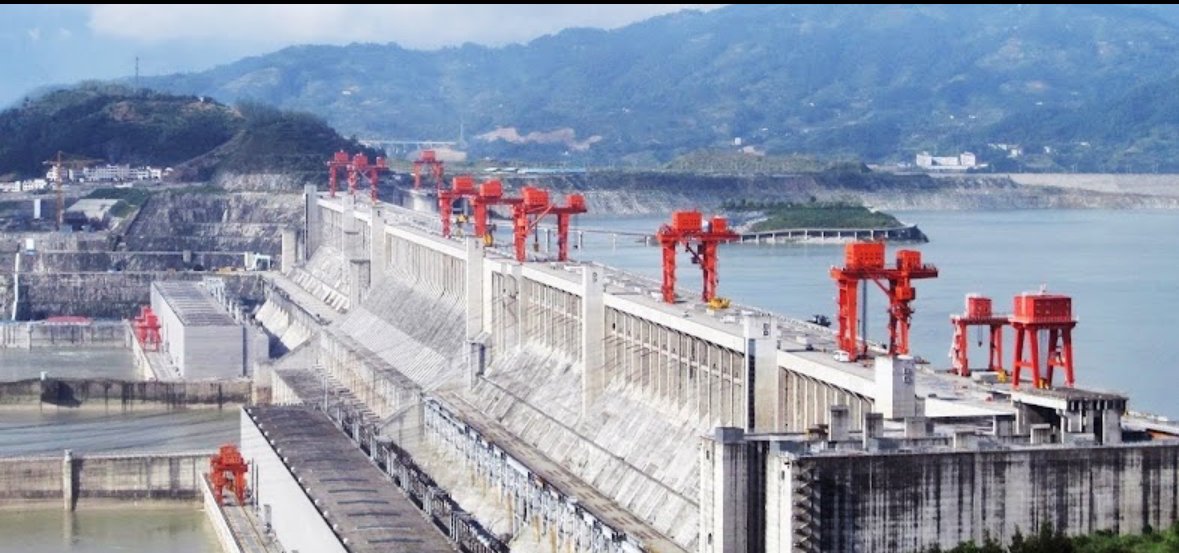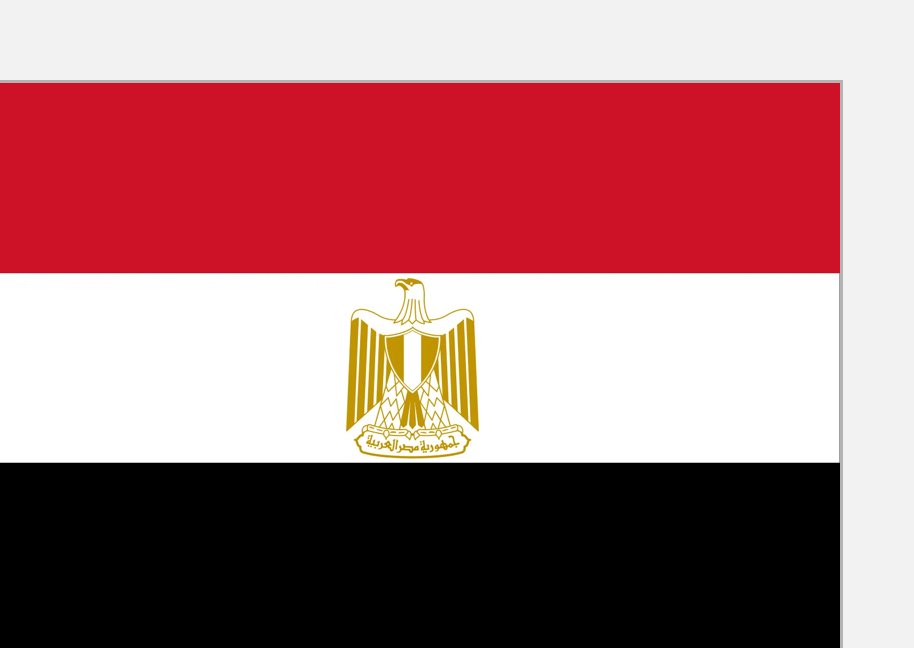By Horn Africa News Staff | Cairo
Egypt has issued a sharp rebuke against Ethiopia, accusing Addis Ababa of continuing “unilateral” actions in the dispute over the Grand Ethiopian Renaissance Dam (GERD), which began construction in 2011 with a budget of $4 billion—a move that has once again intensified diplomatic friction between the two Nile River basin nations.

In a strongly worded statement, Egyptian authorities warned that Ethiopia’s npersistent filling and operation of the massive dam without a binding trilateral agreement is a serious threat to regional stability and water security. Cairo emphasized that the Nile River remains a “matter of life and death” for the Egyptian people, who rely on it for over 90% of their freshwater needs.
A Decade-Long Dispute
The GERD, which Ethiopia began constructing in 2011 near the border with Sudan, is Africa’s largest hydroelectric project. The dam spans 1.8 kilometers, stands 145 meters tall, and is expected to generate over 6,000 megawatts of electricity—enough to power tens of millions of homes and fuel the country’s industrial ambitions.
Ethiopia considers the GERD a sovereign right and a cornerstone of its development strategy, aiming to lift millions out of poverty through access to affordable electricity. Addis Ababa has completed multiple phases of the dam’s filling since 2020, each time sparking strong opposition from Egypt and Sudan.
Cairo Demands Legal Safeguards
Egypt insists that the dam’s filling and operation must be governed by a legally binding agreement among all three parties—Egypt, Sudan, and Ethiopia. Despite more than a decade of negotiations, many of them mediated by the African Union and supported by international observers, no such agreement has been finalized.
“Ethiopia cannot continue to act alone on a matter that affects the lives of over 150 million people in Egypt and Sudan,” said a senior Egyptian diplomat.
“Any unilateral measures jeopardize the historical and downstream livelihoods that depend on the Nile.”
Regional and Global Implications
Sudan has echoed Egypt’s concerns, particularly over the dam’s potential to disrupt the flow of the Blue Nile, which contributes about 85% of the water in the main Nile River. Khartoum has also raised fears about the safety and technical management of the GERD, given its proximity to the Sudanese border.
Experts say the dispute is emblematic of broader challenges in transboundary water governance across Africa. With increasing demand for water and energy, and the effects of climate change intensifying, the Horn of Africa faces mounting pressure to establish fair and sustainable resource-sharing mechanisms.
“The GERD crisis is not just a political issue—it’s about climate adaptation, food security, and regional peace,” noted Dr. Muna Hassan, a regional water policy analyst.
“If managed poorly, it could destabilize an already fragile region.”
The Road Ahead
Despite renewed diplomatic efforts, including calls for resumed negotiations, the stalemate continues. Cairo insists that no further dam operations should proceed without a final agreement, while Ethiopia maintains that the GERD falls within its sovereign rights.
Analysts warn that unless a compromise is reached soon, tensions could escalate further, potentially triggering broader diplomatic fallout or even conflict.
As the waters of the Blue Nile continue to rise behind the towering walls of the GERD, so too does the urgency for cooperation, dialogue, and a shared vision for one of Africa’s most vital lifelines.




